Analysing contentious contemporary issues in historical perspective Communalism: India’s Struggle for Democracy and Pluralism weighs the potency of communalism to corrode the plural core of Indian democracy. Each chapter of the critique, divided into six sections – Ideological Challenges, Rooting of Divisive Violence, Hindutva: Revivalism of Caste Hierarchy, Women and Communal Politics, Emotive Issues to the Fore and Threats to Democracy – engages the reader in a thought-provoking dialogue on various dimensions of the theme.
Communalism, a strategy of those having vested interests to oppose social reformation, is often translated into action by constructing an image of the past drawing from scriptural or religious traditions that trigger emotive issues – a trend which is common to fundamentalists belonging to both majority and minority communities. While the former keep alive emotive issues such as cow slaughter, beef ban, Ram Mandir, ghar wapsi or ‘love jihad’, the latter spread hate and conservative ideas adding fuel to fire which, in turn, result in polarisation of the society and escalate the brewing communal conflict in the country.
Unfortunate reality that emerges is that time and again the state and its various arms are unable to take a neutral stance exposing their bias towards one side – which is evidently that of the majority community. The political leadership, bureaucracy and police failing to protect innocent lives only raise a signal of impunity to the perpetrators of communal violence which further enhances mistrust and apprehension. All this, the author argues, is part of a game of marginalising the minority community and reaping the harvest of majority support in the electoral arithmetic.
The discussion is, however, not limited to the issue of religious polarisation alone. The author critically examines that the issues of marginalised sections – Dalits, Adivasis, women, workers and religious minorities – are intensely interwoven with each other. This insight leads the author to conclude that fundamentalism, “rather than recognising the qualitative change in the formation of India as the nation state…is stuck to the pastoral-feudal-preindustrial society with the values of caste and gender hierarchy”.
Anyone having quest for democratic values must confront the challenges posed in the discourse.

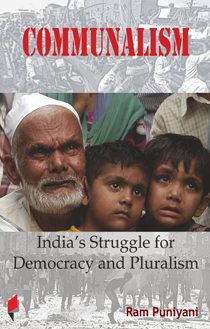

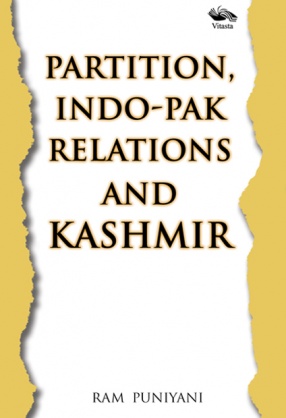
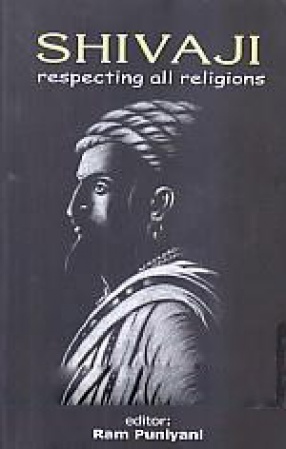
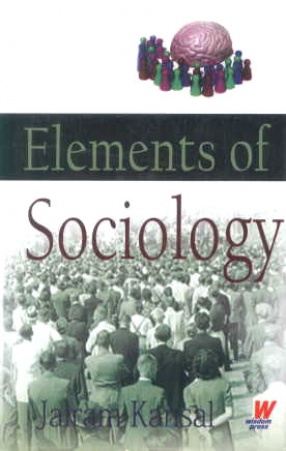
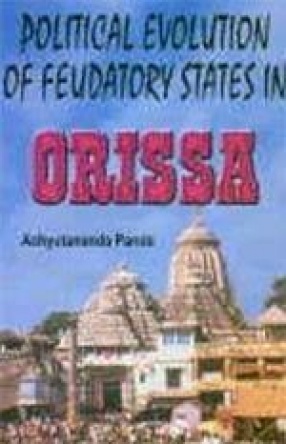
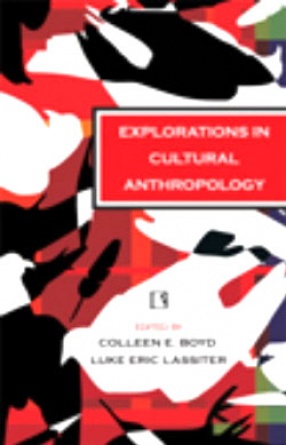
There are no reviews yet.